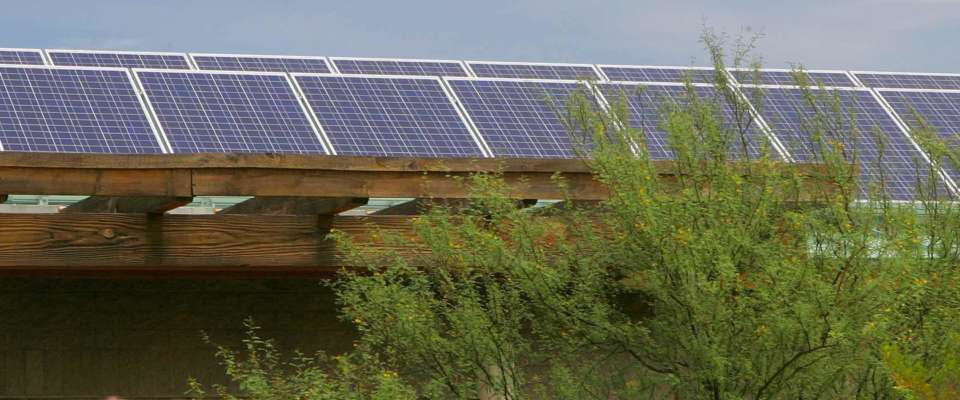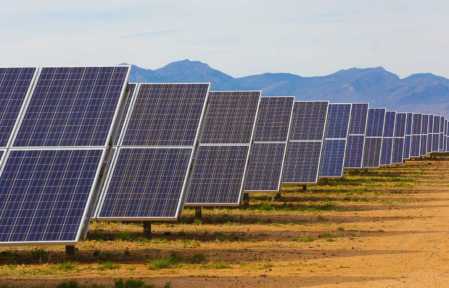
Thinking about solar?
Plenty of people are considering solar energy for their home or business. If you're one of them, please review the following information, which includes details about updated rates and TEP's GoSolar programs that may affect your decision. We want to make sure you have all the information you need as you evaluate alternatives for expanding your use of solar energy.
Compensation for Excess Energy
The Arizona Corporation Commission (ACC) established the Resource Comparison Proxy (RCP) in September 2018 to compensate residential and small commercial customers for excess power produced by private rooftop solar systems.
The RCP is based on average market costs over a recent five-year period. The rate is usually adjusted annually, but customers are compensated for up to 10 years at the RCP export rate in place at the time they requested interconnection of a new solar power system. Because solar energy prices have fallen over time, this rule has allowed customers to preserve higher export rate benefits.
An energy export rate of $0.0633 per kWh will remain in effect from October 1, 2023 through September 30, 2024.
Click here to view the current RCP rate in our Statement of Charges.
For solar customers, the RCP appears under the heading “Excess Generation Credit” in the Power Supply Charges section. Meanwhile, the cost TEP incurs to pay the RCP is passed along to customers along with other energy expenses included in the Purchased Power and Fuel Adjustment Charge (PPFAC).
Anything else I should consider?
We hope this information has been helpful. TEP is committed to providing customers with the best available information about solar power and other energy options.
If you would like to review the benefits and approximate costs of private solar, you can compare solar options based on your rooftop’s characteristics, energy use, TEP pricing plan and available tax credits and rebates.
Please see our website for additional information about solar energy for your home and for more information about TEP’s GoSolar programs.
Nobody knows for sure what electric service will cost in the future. But anyone considering a long-term investment in a solar power system should closely examine any assumptions about future increases against TEP’s long history of stable electric rates.
Arizona's Residential Utility Consumer Office (External website. Opens new window.), which represents the interests of residential customers in utility matters before the ACC, also has published a Rooftop Solar Consumer Guide (External website. Opens new window.) with sound advice for solar energy shoppers.


